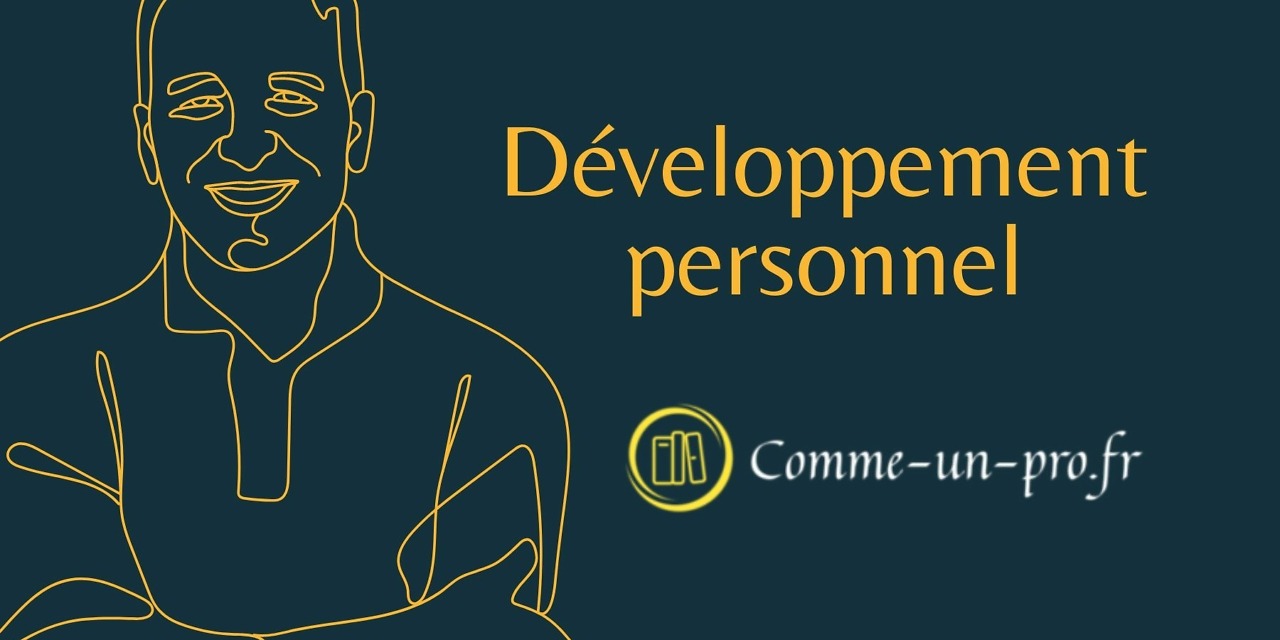Understand the importance of persuasion for your career
In the business world, the ability to persuade others is a valuable skill. Whether convincing a customer to buy a product, a colleague to support an idea, or a supervisor to adopt a new strategy, persuasion plays a key role in many facets of working life.
Persuasion is not just a necessary skill for people working in sales or marketing. In all industries and roles, the ability to influence the thoughts and actions of others can mean the difference between success and failure. Whether you're a manager looking to motivate your team, an employee looking for a promotion, or an entrepreneur looking to attract investors, persuasion can be your greatest asset.
Mastering persuasion can boost your career progress in several ways. First, it can help you gain the necessary support for your ideas and initiatives, which can increase your visibility and impact within your organization. Plus, it can help you build strong, positive relationships with colleagues, superiors, and clients, which can boost your reputation and influence.
Finally, persuasion can help you overcome professional obstacles and challenges. Whether you're looking to resolve a conflict, navigate a difficult situation, or achieve an ambitious goal, the ability to persuade others to see things from your perspective can be a powerful tool.
Now that we understand the importance of persuasion for career, let's explore how you can develop and improve this valuable skill.
Develop your persuasive skills
Developing your persuasion skill starts with understanding others. To effectively influence someone, you need to understand what motivates them, what worries them, and how they make decisions. It requires active listening and empathy. By showing interest and respect for the perspectives of others, you can build a relationship of trust that facilitates persuasion.
Clarity is another essential component of persuasion. To convince someone, your message must be clear and easy to understand. This involves knowing how to communicate your ideas in a concise and effective way, and knowing how to adapt your message according to your audience. Whether you're presenting a proposal to your team or negotiating a deal with a client, the clarity of your message can have a significant impact on its effectiveness.
Another effective strategy to improve your persuasion is to develop your credibility. People are more likely to be influenced by someone they see as reliable and competent. You can build your credibility by demonstrating your expertise, honoring your commitments and demonstrating integrity in all your professional interactions.
Finally, it is important to note that persuasion does not mean manipulating or deceiving others to get what you want. Rather, it's about effectively communicating your ideas and seeking solutions that are beneficial to all parties involved. By acting respectfully and ethically, you can use persuasion to foster collaboration, resolve conflict, and drive progress in your career.
Practice persuasion to boost your career
Now that you understand the importance of persuasion and how to develop it, how can you apply it in practice in your career?
For starters, every interaction is an opportunity to practice your persuasive skills. Whether it's in a team meeting, negotiating with a client, or talking with your boss, using persuasion techniques can help you achieve your goals more effectively.
For example, if you are seeking approval for a project, you can use persuasion to clearly explain the benefits of the project, demonstrate how it addresses business concerns or goals, and build consensus around its Implementation. Likewise, if you disagree with a decision, persuasion can help you present your point of view constructively and find common ground.
Persuasion is also useful for leadership. As a leader, your ability to inspire and motivate your team can have a significant impact on their performance and job satisfaction. By using persuasion, you can share your vision, encourage commitment, and drive change in a positive way.
In conclusion, mastering the art of persuasion can be a valuable asset to your career. By developing this skill, you can improve your professional interactions, increase your influence and promote your career progression. So don't wait any longer and start practicing today!


